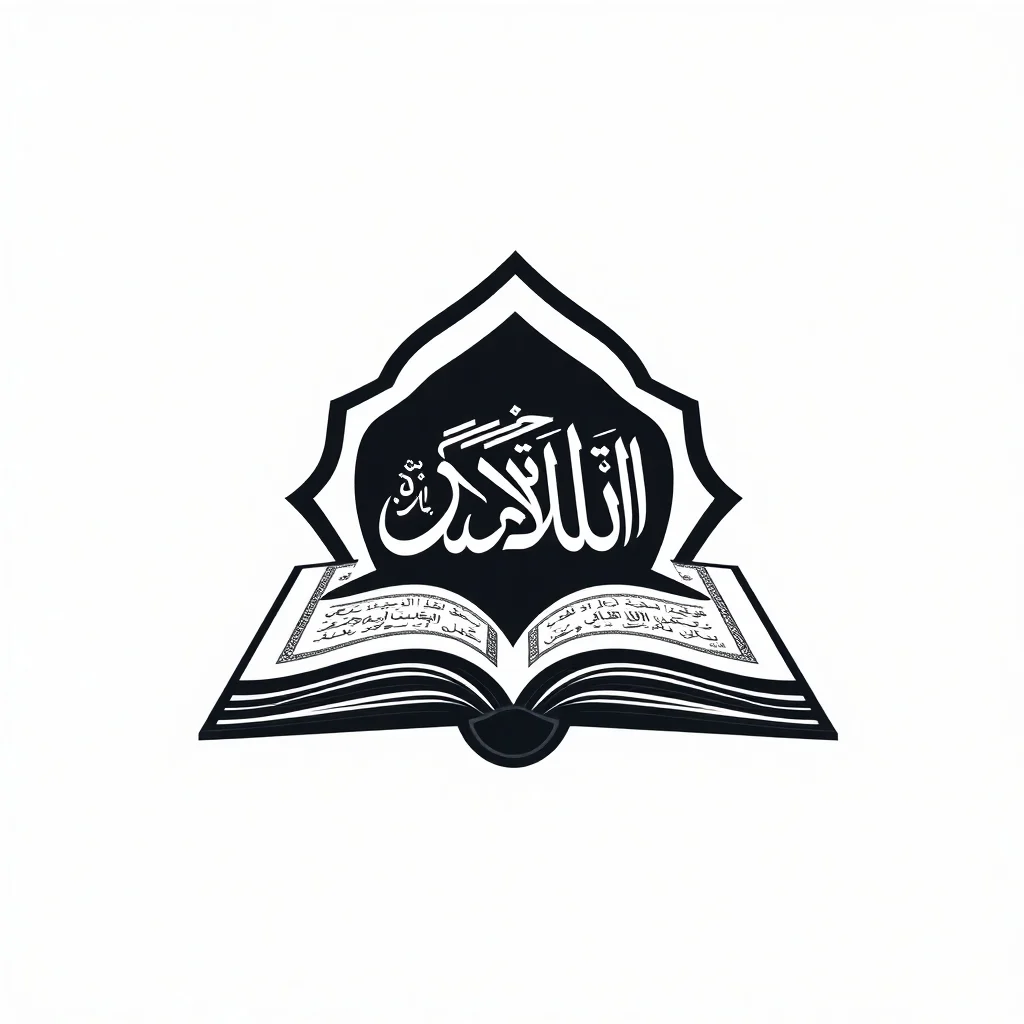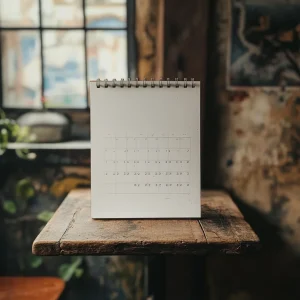The Significance of Laylat al-Qadr
The significance of Laylat al-Qadr is vital because Ramadan marks the ninth month of the Islamic lunar calendar as the holiest period, which inspires Muslims globally through spiritual contemplation and routines of discipline in complete devotion. In the numerous holy nights of the spiritual month, one stands superior for spiritual importance, known as Laylat al-Qadr, or Night of Power. The Muslims give immense importance to this holy night because it represents the exact time when the first Quranic verses appeared to Prophet Muhammad (peace be upon him) through divine revelation from Angel Jibril (Gabriel). According to Quran 97:3, Laylat al-Qadr represents a spiritually enriching time surpassing the value of a thousand months for believers to experience divine grace.

The Spiritual Importance of Laylat al-Qadr
The night of Laylat al-Qadr in Ramadan brings abundant blessings, brings forgiveness from God, and enables divine intervention to reach those who seek it. The universe becomes accessible during this auspicious period because Allah showers his mercy upon all who seek it heartily. During this blessed night, Muslims believe that Allah determines the destinies of individuals along with global prospects for the upcoming year. The night enables people to focus on deep contemplation along with prayer and devoted supplication.
In Chapter 97 of the Quran, Allah declares through Surah Al-Qadr that the extremely blessed Laylat al-Qadr has been revealed.
During the Night of Decree, Allah the Almighty descended the Quran upon humanity. What allows you to understand the nature of the Night of Decree? According to Allah, the Night of Decrees is worth more than the next thousand months. The angels and the Spirit descend therein by permission of their Lord for every matter. The hours remain peaceful from night until daybreak arrives. (Quran 97:1-5)
The Arabic text emphasizes that the greatness of this night exceeds worshiping Allah for almost 7000 months, which translates to 83 years. Through the Night of Decree, Muslims can obtain divine forgiveness together with drawing closer to Allah while receiving eternal benefits equal to those of a thousand months.
When Does Laylat al-Qadr Occur?
Religious scholars have not identified Laylat al-Qadr through explicit references in Quranic verses or Hadith (sayings of Prophet Muhammad). Prophet Muhammad (peace be upon him) gave Muslims instructions on what nights they should search for this blessed occasion. He said,
The last ten nights of Ramadan include Laylat al-Qadr, which people should search for, especially on odd-numbered nights. (Sahih Bukhari)
Muslims concentrate their worship during the religious observances on the five odd nights that come between the 21st and 29th of Ramadan. Muslims consider the 27th night the most probable for Laylat al-Qadr, but it is wiser to perform worship activities from the beginning of the final ten nights to increase the possibility of encountering this spiritual night.
How to Observe Laylat al-Qadr
People who want to observe Laylat al-Qadr need to perform religious ceremonies alongside contemplation and asking for divine help. These observances include performing religious ceremonies, contemplation, and asking for divine help during the night:

1. Prayer (Salah):
Selecting voluntary prayers between Taraweeh and Tahajjud stands as an essential recommendation during the month of Ramadan. The prayers serve as tools to approach Allah and obtain His pardon.
2. Recitation of the Quran:
Recipients who want to commemorate this night focus mainly on reading and studying Quranic passages since this event signifies Allah’s gift of the Holy Book. The Islamic month of Ramadan is marked by a Muslim endeavor to read all chapters from the Quran while the intense focus is directed toward the final ten days.
3. Dhikr (Remembrance of Allah):
Dhikr exercises give Muslims continuous contact with Allah through the practice of phrases such as “SubhanAllah” (Glory be to Allah), “Alhamdulillah” (Praise be to Allah), and “Allahu Akbar” (Allah is the Greatest).
4. Dua (Supplication):
According to Islamic teachings, Laylat al-Qadr serves as an auspicious period to offer sincere prayers. The Prophet Muhammad (peace be upon him) established a prayer (dua) for this night that says, “Allahumma innaka ‘afuwwun tuhibbul ‘afwa fa’fu ‘anni” (O Allah, You are forgiving and love forgiveness, so forgive me).
5. Charity (Sadaqah):
The act of donating to people who require assistance has greater virtue when performed during the holy month of Ramadan. Throughout the last ten nights of Ramadan, believers enhance their charity donations since they believe this practice will earn Allah’s pleasure.
6. Reflection and Repentance:
The night presents believers with a moment to examine their deeds as well as to request pardon for their errors while dedicating themselves genuinely to personal development.
The Rewards of Laylat al-Qadr
Worship on Laylat al-Qadr leads to supernatural rewards that exceed any other time. The Quran mentions that all actions completed during this night equal those of one thousand months multiplied. In Muslim tradition, one act of devotion, which includes prayer and charitable deeds, achieves equivalent value to devotional practices across numerous decades. Muslims take advantage of this occasion to obtain enormous religious blessings, which bring them nearer to God than imaginable at any other time.
Besides its power to grant absolution, the holy night of Laylat al-Qadr also bestows spiritual blessings on believers. The Prophet Muhammad (peace be upon him) declared that prayer on Laylat al-Qadr with faith and intentions to earn reward results in complete forgiveness of previous sins (Sahih Bukhari).
When someone stands in prayer on Laylat al-Qadr with faith-based motives, he will have previously committed sins erased. (Sahih Bukhari)
Through this forgiveness promise, Muslims gain strength to perform Muslim worship acts because they seek Allah’s divine mercy.

FAQs About Laylat al-Qadr
Conclusion
Muslims have the chance to request divine pardon and strengthen their connection to Allah and earn tremendous blessings during the most vital spiritual night of Laylat al-Qadr. Muslims deeply focus on devotion during the final ten nights of Ramadan, although they cannot determine the precise day of Laylat al-Qadr. Muslims unlock the transformative potential of this blessed night by practicing prayer, reciting the Quran, making supplications, and offering charity activities.
May Allah grant us the ability to catch this blessed night, which we seek through sincere devotion according to the wisdom of Prophet Muhammad (peace be upon him). We ask Allah to grant us His blessing for successful harvesting of this precious time while He accepts our religious devotion. Amen.







